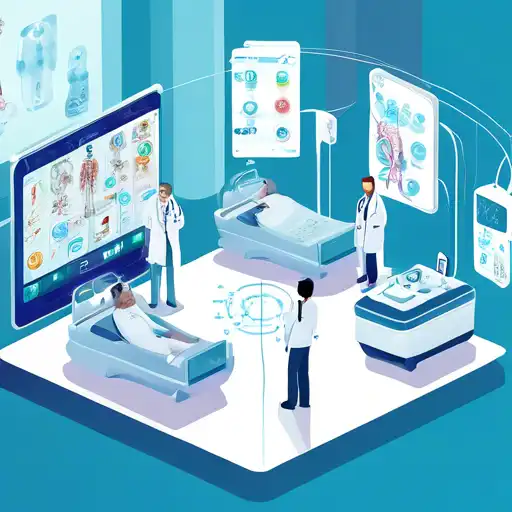Introduction to IoT in Healthcare
The integration of the Internet of Things (IoT) in healthcare is transforming the way medical services are delivered, making it a true game changer in the industry. By connecting devices and systems, healthcare providers can offer more personalized, efficient, and proactive care to patients worldwide.
The Benefits of IoT in Healthcare
IoT technologies bring numerous benefits to the healthcare sector, including improved patient outcomes, reduced costs, and enhanced operational efficiency. Here are some key advantages:
- Remote Monitoring: IoT devices enable healthcare professionals to monitor patients' health in real-time, reducing the need for hospital visits.
- Preventive Care: With continuous data collection, potential health issues can be identified and addressed before they escalate.
- Operational Efficiency: IoT solutions streamline hospital operations, from inventory management to patient flow optimization.
Challenges and Solutions
Despite its benefits, the adoption of IoT in healthcare faces challenges such as data security and interoperability. However, advancements in encryption and standardization are paving the way for more secure and integrated IoT healthcare solutions.
Future Prospects
The future of IoT in healthcare is bright, with emerging technologies like AI and blockchain further enhancing its potential. Together, these innovations promise to deliver even more sophisticated and accessible healthcare services.
For more insights into how technology is shaping healthcare, explore our articles on Digital Health Trends and AI in Medicine.
Conclusion
IoT in healthcare is not just a trend but a fundamental shift towards more connected and efficient medical care. As technology continues to evolve, the possibilities for improving patient care and healthcare systems are limitless.
